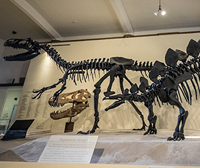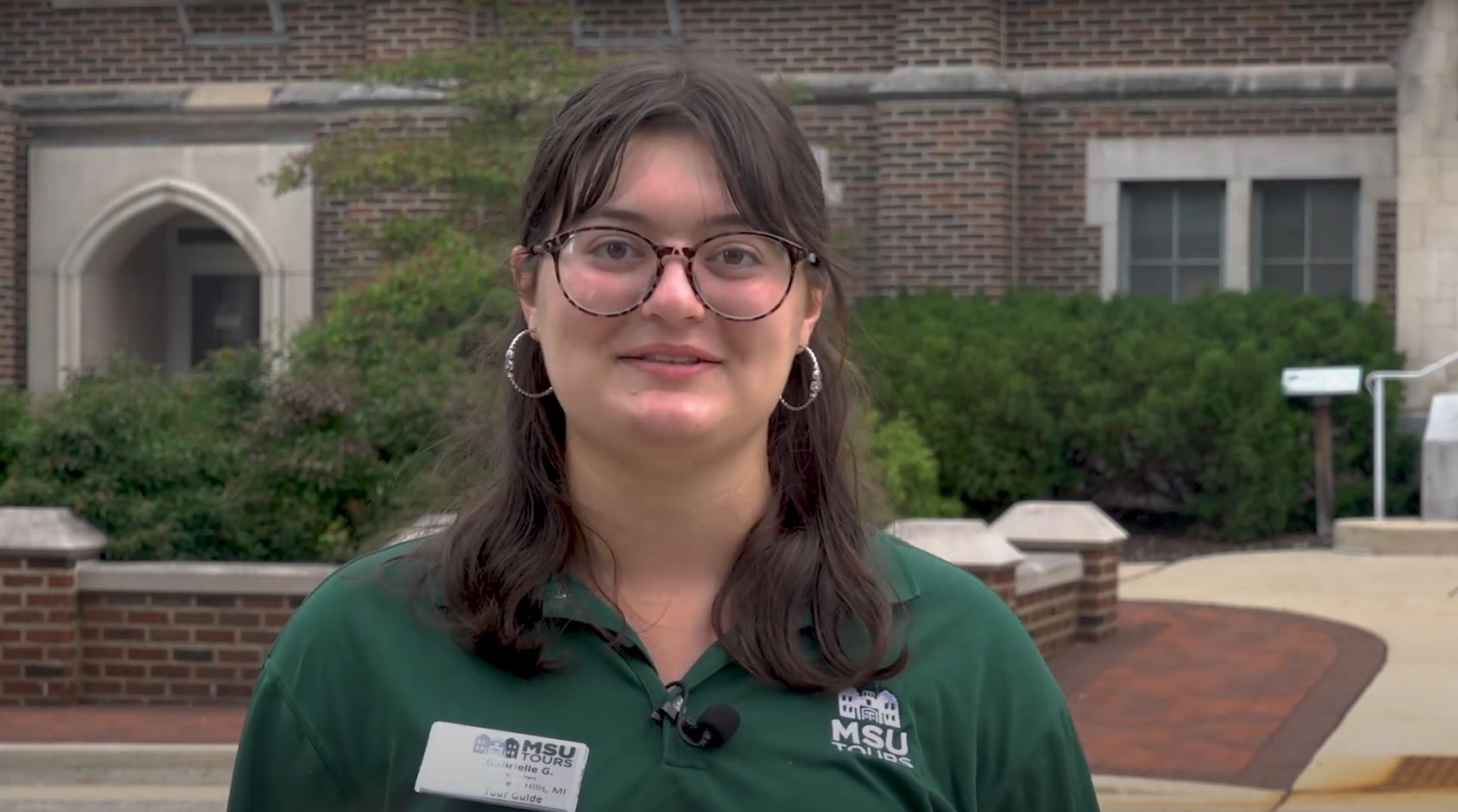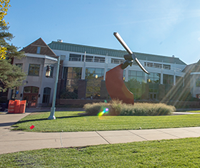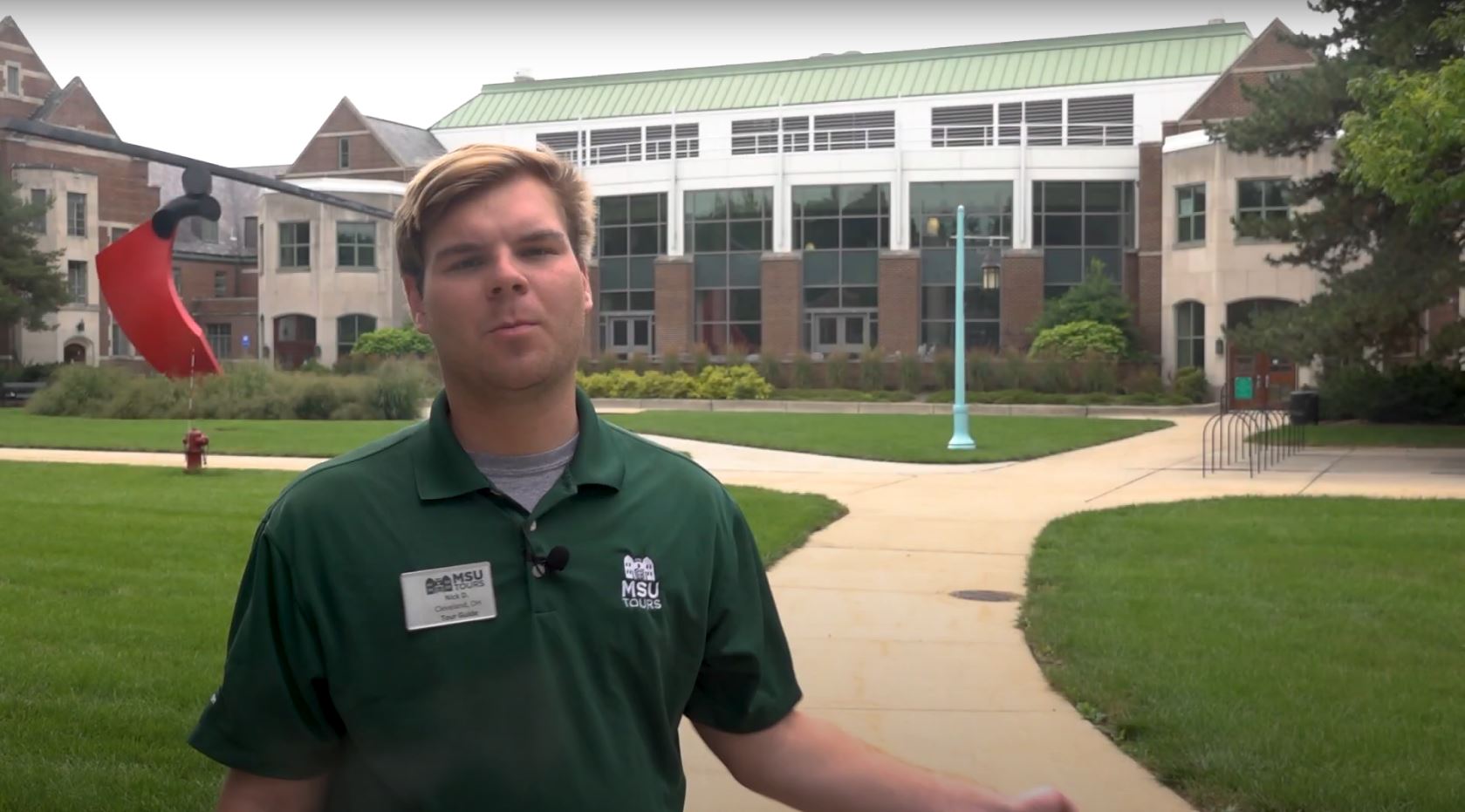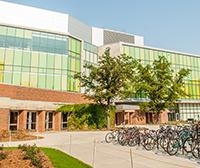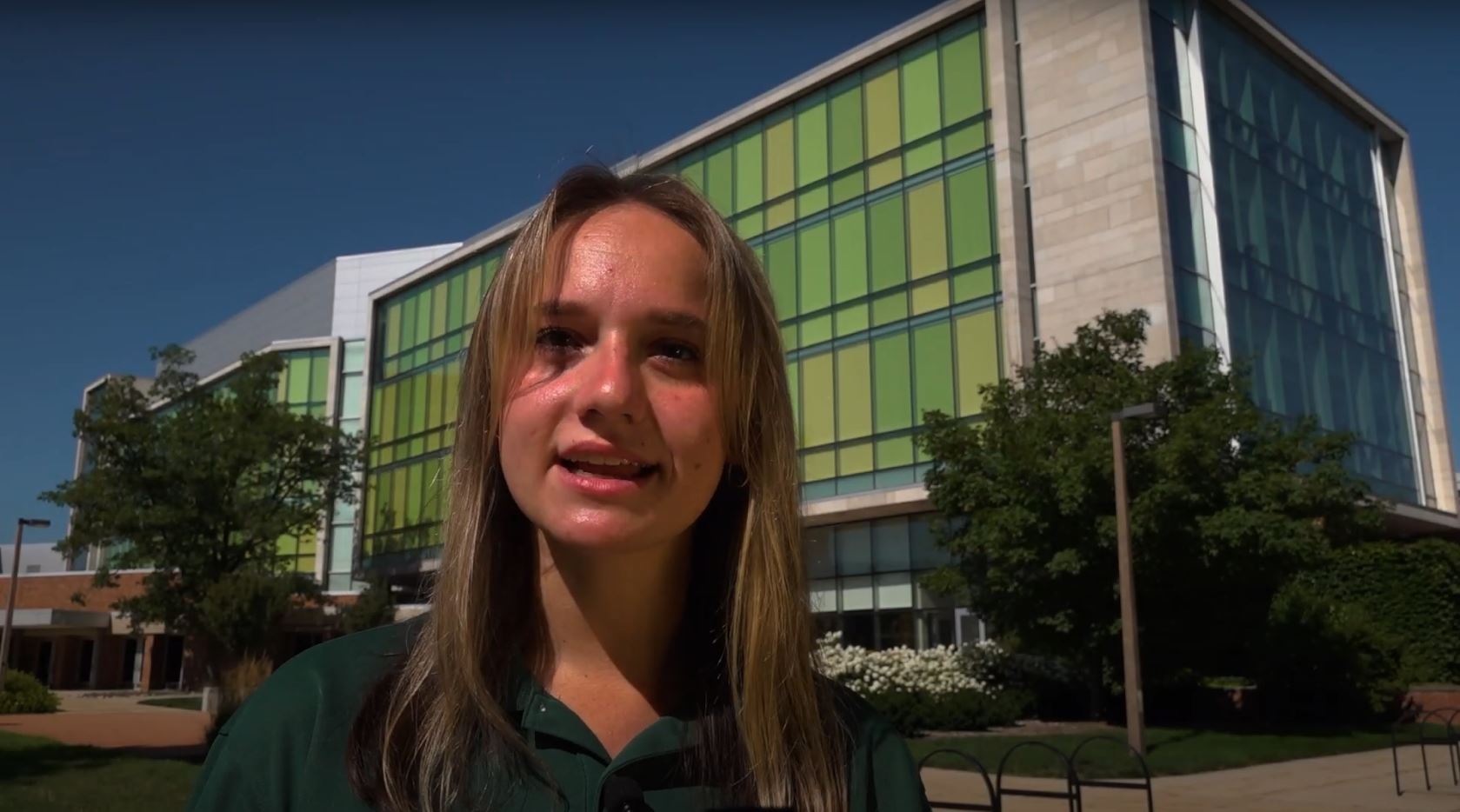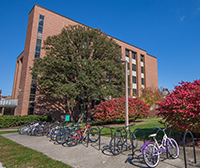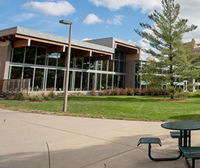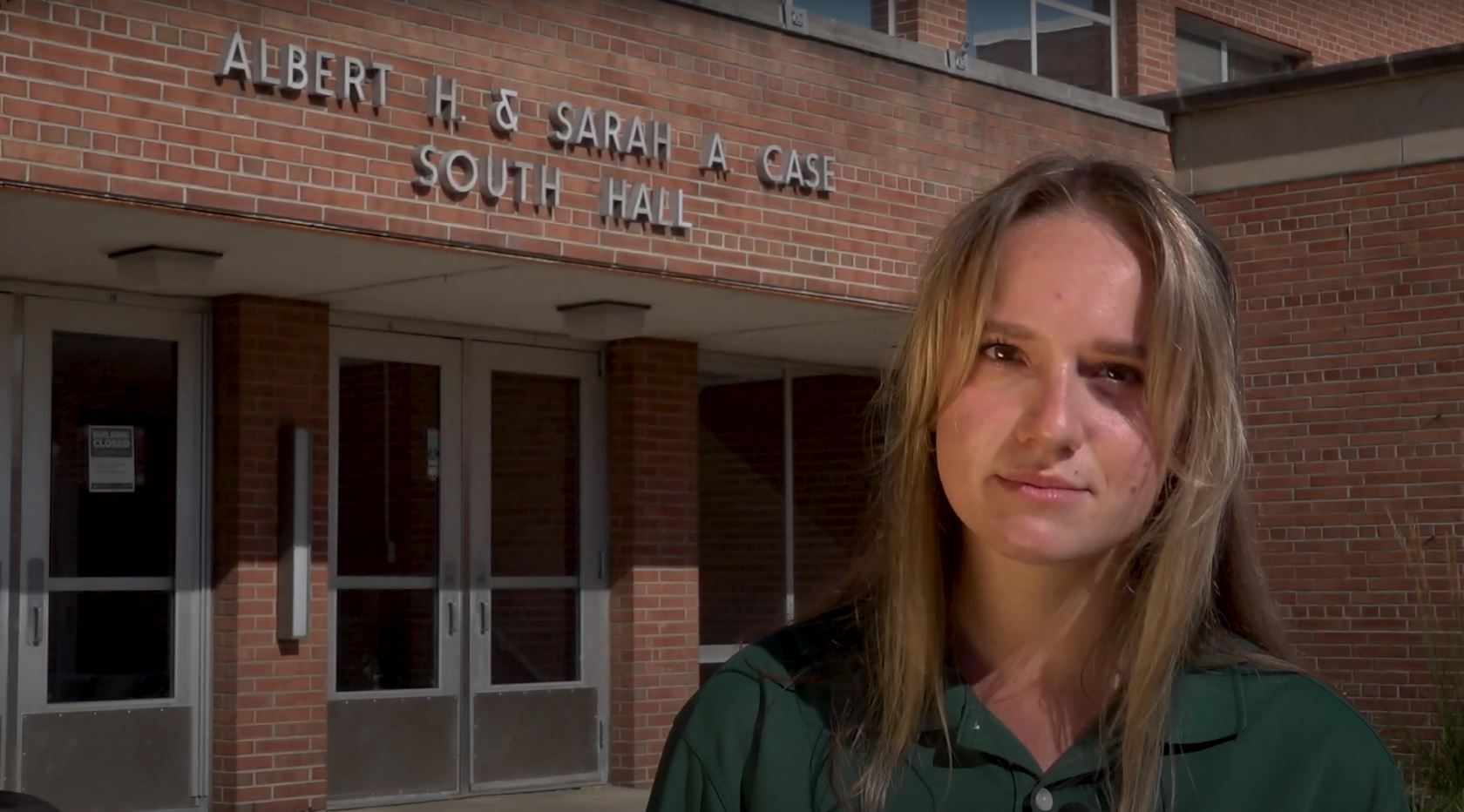MSU Museum
Michigan’s first Smithsonian Institution affiliate
The MSU Museum was founded in 1857, two years after the establishment of the Agricultural College of the State of Michigan (known today as MSU) in 1855. The building features three floors with fifteen galleries and exhibit spaces throughout. In 2001, the Michigan State University Museum was named a Smithsonian Affiliate, formalizing an ongoing exchange of research, programs, exhibitions and collections.
The permanent collection is made up of over 1 million artifacts that mirror some of the research done on campus since 1857. These artifacts include an extensive quilt collection from across historical eras reflecting American history, a replica general store filled with historical pieces from an actual general store that closed in the 1920s, an original fur traders’ cabin from 1840, dinosaur bones and much more. Each collection is used for research, education, exhibition, outreach and engagement projects. Traveling exhibits from students and faculty can also be found in the museum on a rotating basis throughout the year.
By working closely with the College of Arts & Letters, the College of Education, the College of Natural Science, and the College of Social Science, the museum offers research, volunteer, internship and employment opportunities to students studying in these colleges, as well as students from other MSU colleges.
Frozen in time.
The MSU Museum features a replica of Stanley’s Crossroads Store, a general store from the 1920s that closed with all of the historical pieces inside.

